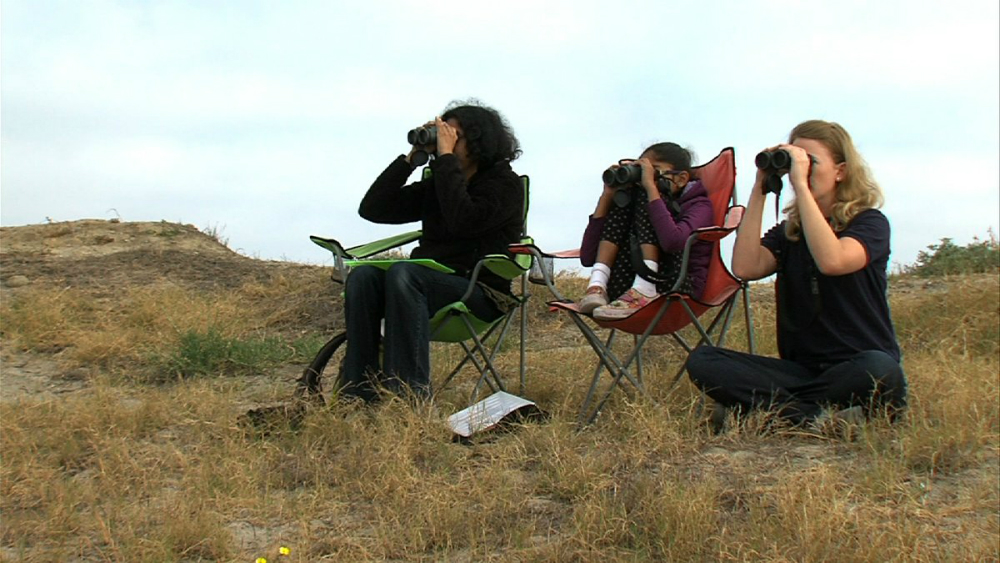
Advertisement
(Bugout.news) Any parent of newborn children knows that sleep deprivation is part of the experience. So, too, do emergency workers who put in 24-hour shifts and those in other professions, like the military.
Most of us know what it feels like to go a full day without sleep. But in a survival situation, you may have to go much longer without getting the necessary rest to recharge your body and refresh your mind.
You may think that it isn’t possible to stay awake for longer than a day at a time, but it is – many people have done it. And again, when SHTF and you’re on the bugout, sleep will come at a premium, at least for a while.
So, how will manage your sleep deprivation and still keep your wits about you? First, you need to know how to spot it.
These are some of the most common physical symptoms of sleep deprivation.
- Vacant stare and bloodshot eyes
- Blurry vision
- Slurred/slow speech
- Slowed responsiveness
- Headaches
- Loss of strength, stiffness and cramps
- Unstable posture, swaying
- Faintness and dizziness
- Difficulty in performing fine movements
There are behavioral symptoms as well:
- Neglect of routine tasks
- Poor work output
- Lack of motivation and morale
- Poor communication
- Poor judgment and confusion
- Irritability and moodiness
- Daydreaming
It’s important to note that the sufferer may actually think he or she is not impaired when they really are, so be ready to deal with that. It’s also good to note that children will become sleep-deprived, generally speaking, before adults do.
Because of your situation there may be little you can do to avoid being awake for long stretches of time. However, there are ways you can reduce or mitigate the effects of sleep deprivation:
— Power naps. You’d be surprised how effect a 20-minute nap can be, so take them when you can.
— Rotate watches. If you’re in a group, all of you don’t have to stay up all the time. Post guards/watches of 2-3 hours at a time and rotate sleeping.
— Minimize alcohol use. Alcohol in lower levels acts as a stimulant (you don’t want to over-use it, either, because its depressant effect will leave you vulnerable in an uncertain, dangerous environment).
— Give simple directions. Don’t over-complicate your instructions when giving them to people who have been up for many hours.
— Don’t leave sleep-deprived people alone to perform their assigned tasks. And make sure you or someone who has gotten some rest check on others in your group.
— Stay fit. A higher fitness level will allow you to stay up longer and be sharper when you do.
— ‘Practice’ deprivation. Pick a day a week and try to stay up for most of it. This will get your body used to the “shock” of being sleep-deprived.
Bugout.news is part of the USA Features Media network of sites.
Submit a correction >>
Advertisement
Advertisements















